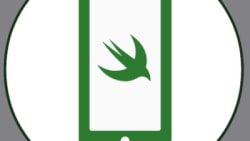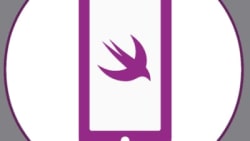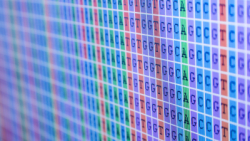Images
Large-scale biology projects such as the sequencing of the human genome and gene expression surveys using RNA-seq, microarrays and other technologies have created a wealth of data for biologists. However, the challenge facing scientists is analyzing and even accessing these data to extract useful information pertaining to the system being studied. This course focuses on employing existing bioinformatic resources – mainly web-based programs and databases – to access the wealth of data to answer questions relevant to the average biologist, and is highly hands-on. Topics covered include multiple sequence alignments, phylogenetics, gene expression data analysis, and protein interaction networks, in two separate parts. The first part, Bioinformatic Methods I, dealt with databases, Blast, multiple sequence alignments, phylogenetics, selection analysis and metagenomics. This, the second part, Bioinformatic Methods II, will cover motif searching, protein-protein interactions, structural bioinformatics, gene expression data analysis, and cis-element predictions. This pair of courses is useful to any student considering graduate school in the biological sciences, as well as students considering molecular medicine. These courses are based on one taught at the University of Toronto to upper-level undergraduates who have some understanding of basic molecular biology. If you’re not familiar with this, something like https://learn.saylor.org/course/bio101 might be helpful. No programming is required for this course although some command line work (though within a web browser) occurs in the 5th module.
Similar resources
Founded in 1827, the University of Toronto is Canada’s top university with a long history of challenging the impossible and transforming society through the ingenuity and resolve of its faculty, students, alumni and supporters.
We are proud to be one of the world’s top research-intensive universities, bringing together top minds from every conceivable background and discipline to collaborate on the world’s most pressing challenges.
Our community is a catalyst for discovery, innovation and progress, creating knowledge and solutions that make a tangible difference around the globe. And we prepare our students for success through an outstanding global education rooted in excellence, inclusion and close-knit learning communities.
The ideas, innovations and contributions of more than 640,000 graduates advance U of T’s impact on communities across the globe.
Together, we continue to defy gravity by taking on what might seem unattainable today and generating the ideas and talent needed to build a more equitable, sustainable and prosperous future.


iOS App Development Basics

Build Your Own iOS App








